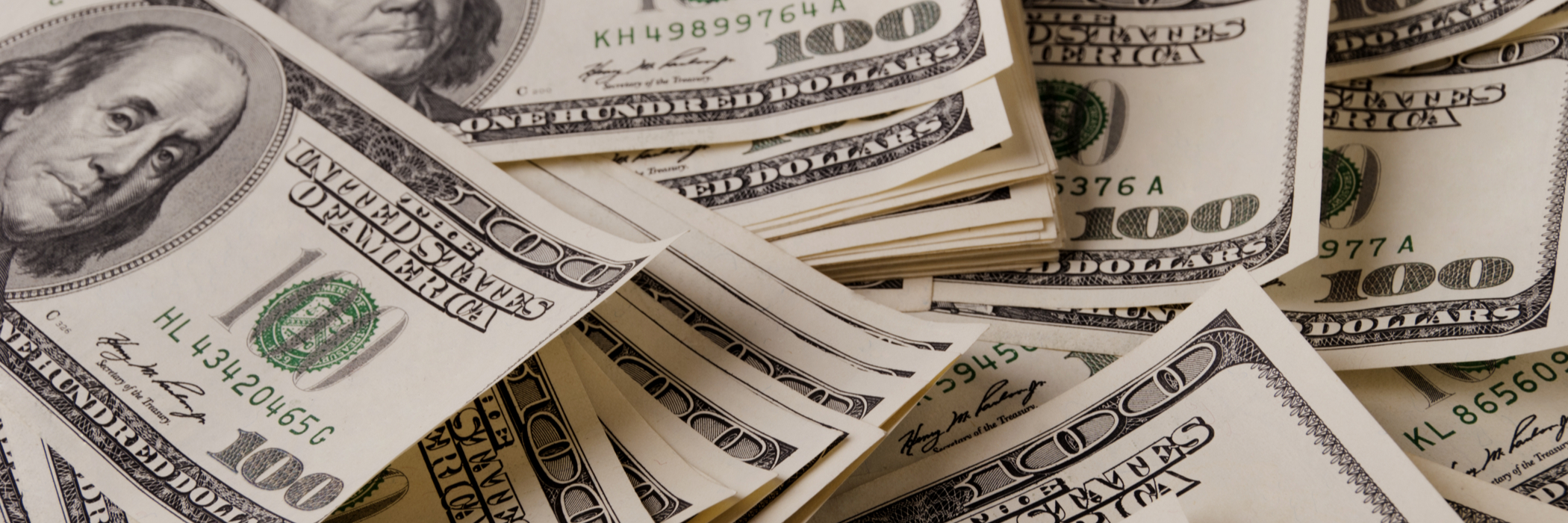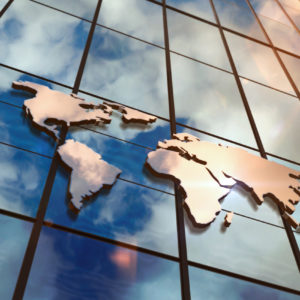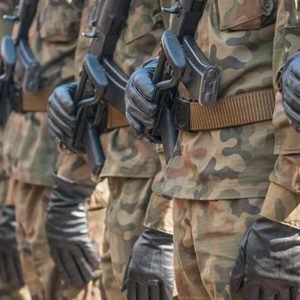
Investors Representing More Than $1 Trillion in Assets Under Management Sent A Letter to FASB Supporting Country-by-Country Reporting
A group of investors representing more than $1 trillion assets under management signed a letter to the Financial Accounting Standards Board, urging FASB to reconsider the Exposure Draft and support country-by-country reporting.





